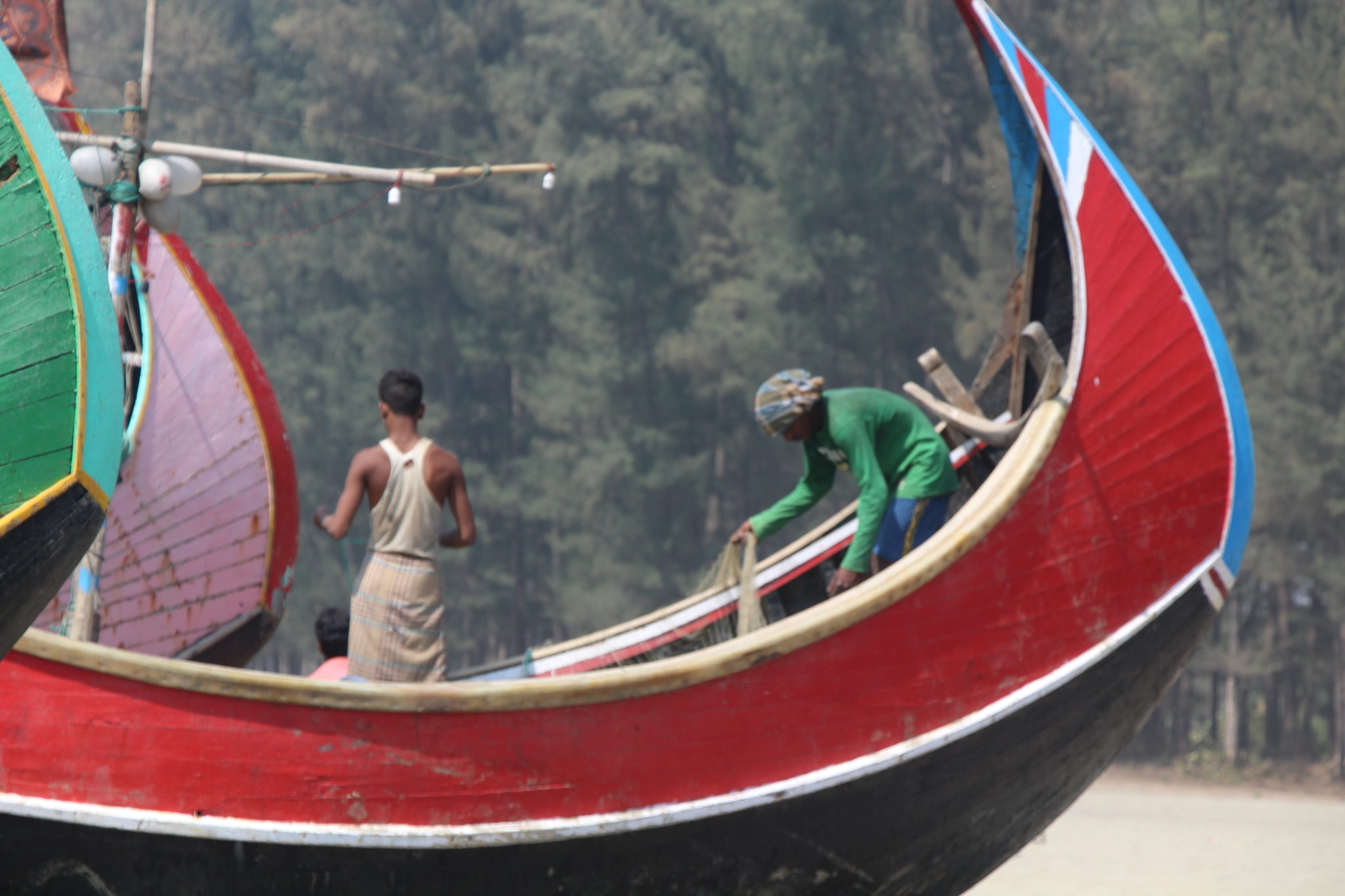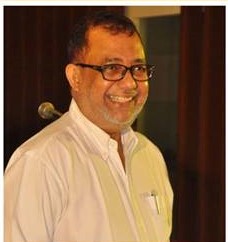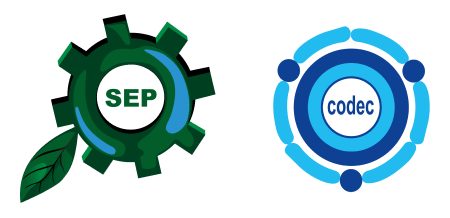Project Title
Promotion of environment friendly construction materials and technologies in coastal region of Bangladesh
Sub Project
Eco-Friendly Construction Materials
Sub Project Objectives:
Project Background:
Environmental sustainability and climate resilience are becoming important for sustaining Bangladesh’s economic progress. Bangladesh ranked 173 out of 180 countries on Yale’s 2016 Environmental Performance Index. Globally, Bangladesh ranks most risky for economic activities due to the impacts of climate change. The rapid growth of manufacturing, which is dominated by micro, small and medium enterprises (MSMEs), has led to a massive increase in natural resource use. Environmental degradation become a major threat from growing air, soil and water pollution. Reducing negative environmental externalities has been identified as a priority for Bangladesh to continue the economic progress toward reducing poverty and inequality. A greener growth pathway would enable major benefits for Bangladesh in terms of increased productivity and innovation, access to new markets, generation of public revenue, and reduction of vulnerability to shocks.
In the microenterprise sector, attention to environmental sustainability and climate resilience is limited due to a mix of capacity, market accessibility, knowledge and financial barriers. While the statistics show a high contribution to GDP from microenterprises, there is little evidence to show that microenterprises are growing in a sustainable way. The performance of micro, small and medium enterprises (MSMEs) is limited in terms of revenue earnings, machinery use, capital-labor ratio, and growth of value added, except labor productivity in some instances. Negative externalities, such as pollution, health impacts, or loss of productivity, are typically not reflected in costs. Therefore, reducing the incentive for microenterprises to shift to more sustainable goods and services, or collectively invest in better environmental technologies and infrastructure.
The Sustainable Enterprise Project (SEP) support microenterprises in agribusiness and manufacturing clusters those are environmentally stressed and/or vulnerable to climate change and natural disasters. The project aims to support microenterprises through environment friendly investments (energy, water and resource efficiency) in the agribusiness and manufacturing sectors to promote environmentally sustainable technologies and practices among microenterprises in environmentally vulnerable areas, induce changes in the micro-lending ecosystem, and support the adoption of basic operational safety norms in project-supported enterprises.
The project will consist of three components: (a) enhancing services and enabling systems, (b) strengthened access to finance for commercially viable environmentally friendly and resilient microenterprises, and (c) project management, knowledge management, and monitoring and evaluation. The project will prioritize (i) a selected number of polluting microenterprise business clusters, which can reduce emission and increase resource efficiency and (ii) the expansion of innovative economic activities that contribute to environmentally friendly clean and green business and climate resilience.
The role of PKSF in promoting environmental issues in microenterprises is crucial. PKSFs Microenterprise Program extends financial services to its Partner Organizations (PO) for undertaking micro enterprises. PKSF has been facilitating women empowerment in microenterprise sector by provisioning opportunities of loan financing for women entrepreneurs. Currently, more than 77% of the total ME loan borrowers of PKSF are women. With the help of the Government, PKSF is implementing the ‘Sustainable Enterprise Project (SEP)’ financed by World Bank for the microenterprise sector to improve its environmental sustainability.
The objective of SEP is to increase the adoption of environmentally sustainable practices by targeted microenterprises. SEP has selected 30 lead districts as the project working area to demonstrate the project impact on different sub-sectors. The project prioritizes a selected number of polluting microenterprise business clusters and supports the expansion of innovative economic activities conducive to a more sustainable environment.
To facilitate the support to the Microenterprise (ME) clusters and the MEs through the selected POs, the project is following a stepwise process beginning with submission of Sub-Project Concept Note (SPCN). The POs would be encouraged to collect information from the clusters they are familiar with and submit cluster level Sub-Project Concept Note (SPCN). After acceptance of the SPCN, the selected POs receive financing to support the environment friendly activities at the PO level and are requested to share the Detail Sub-Project Proposal (DSPP). The objective of the DSPP is therefore to assess the detail plan and needs of the cluster and cluster members to implement the proposed common activities of the sub-project.

History of CODEC
CODEC is an inheritor of DANIDA Bangladesh derived from couple of project intervention explicitly DANIDA Boat Building Project and Boat Rental Scheme. CODEC has been working as a people centered development organization from 01 October 1985 according to recommendation of Government of Bangladesh (GoB) and the Royal Danish Embassy. From the beginning of its development intervention, CODEC started its activities only with the fisherfolk communities (seven villages) in Chittagong but over the period CODEC now extended its working area with other disadvantaged coastal communities along with the fisherfolk
Message from Executive Director

Khursid Alam, Ph.D
CODEC consider lack of education is one of the vital barriers to the socio-economic and political development of underprivileged communities at the coastal belt of Bangladesh since its inception. Education is a vital weapon that can be used to change the society in a very systematic manner. That’s why for the last 35 years, CODEC is putting its efforts as highest priority in education sector keeping pace with government policies and SDG’.CODEC started children education from the very beginning of the year January 1986. The first initiative was the Early Childhood Development (ECD) in ‘Jaladas’ villages ( Fishing communities) of Chittagong and gradually on the basis of actual need; the activity was extended along the coastal villages of Chittagong, Laxmipur, Patuakhali & Barguna. In the meantime, DANIDA and Denmark Radio awarded CODEC with Children’s Calendar Fund in the year of 1989 especially for supporting education and training to the coastal fisher-folk children.
CODEC was awarded with Chand Sultana Award by Ahsania Mission, for the year of 2003 for the primer which was developed by CODEC to educating adult people in the field of basic reading, writing and small calculation within only 120 days.
In this publication the enlightened journey of CODEC Education programme has been portaryed. Here we can see a concise journey of education initiatives of CODEC in the last 35 years. Overall objectives, education strategies, numbers of students and scholarships under various innovative programmes, experience and learning in term of executing education programmes time to time, challenges we have faced described in this publication too.


